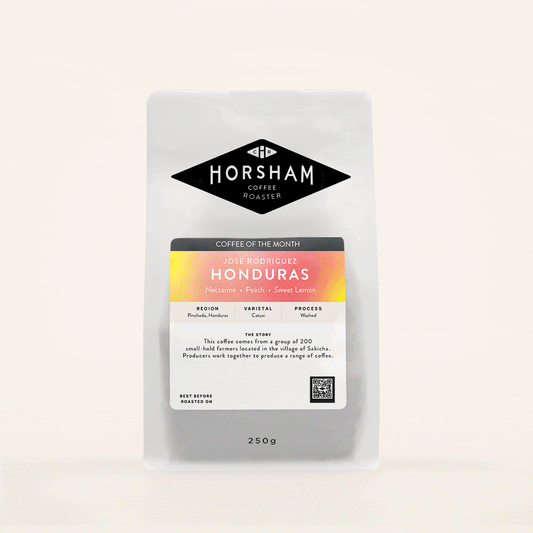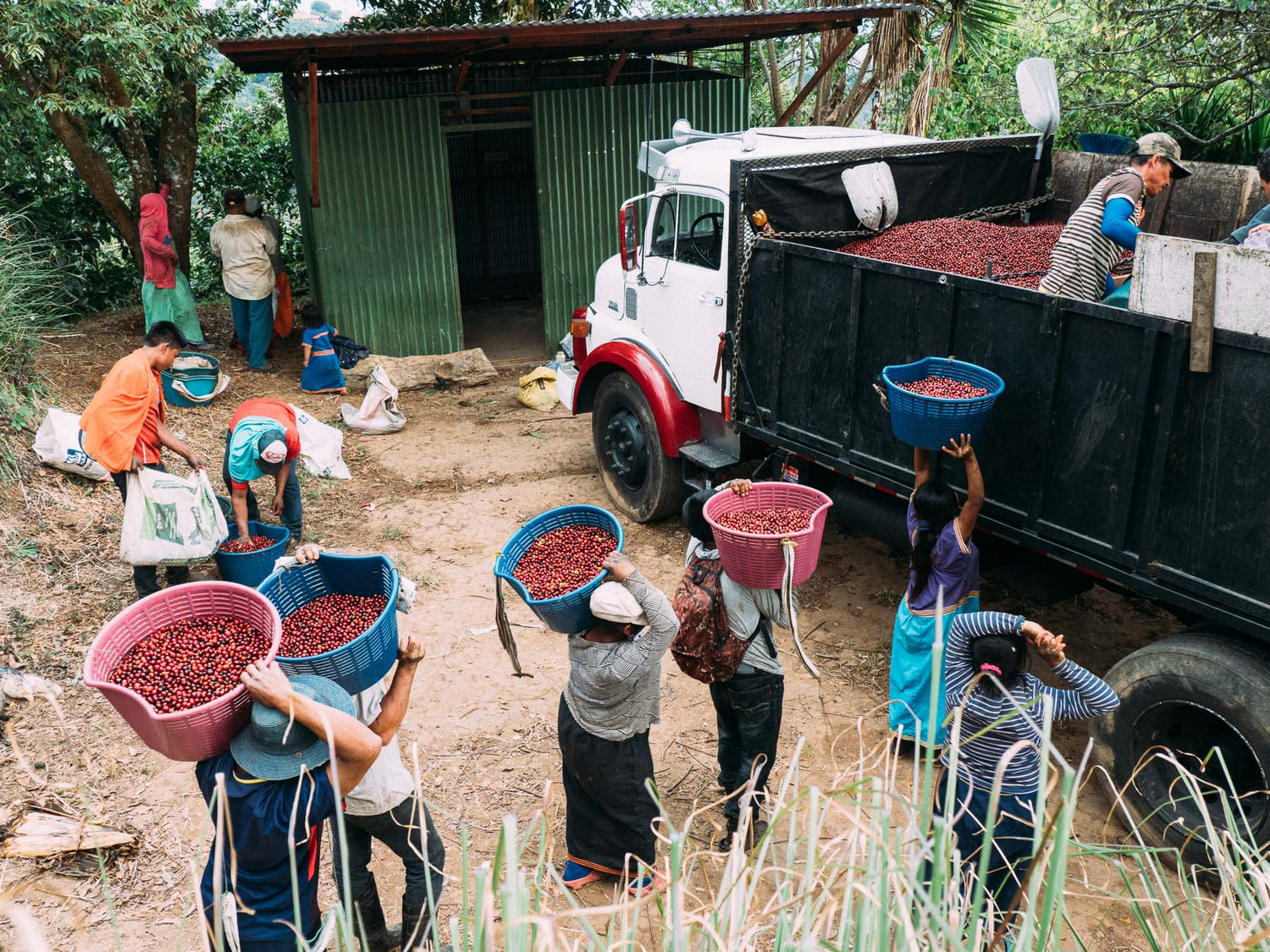
COFFEE PRODUCER
San Juanillo farm
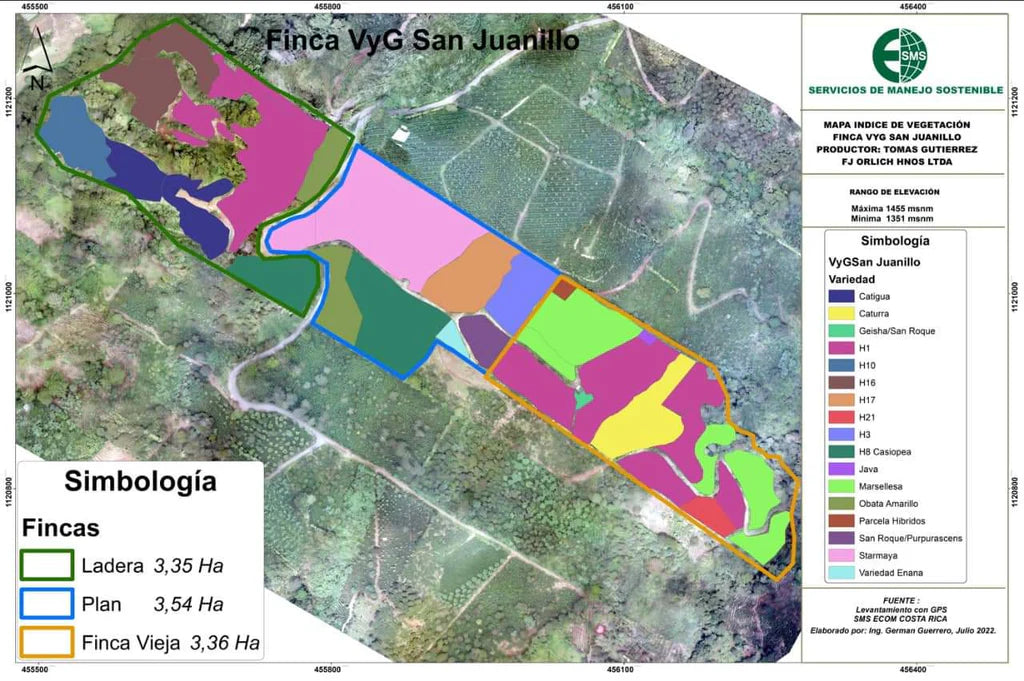
Overview
Location:
Altitude:
Varietal:

Meet The Producers

Harvesting & Processing
Explore Our Coffees
-
Horsham Coffee Roaster
Coffee of the Month Subscription
Regular price From £10.25Regular priceUnit price per -
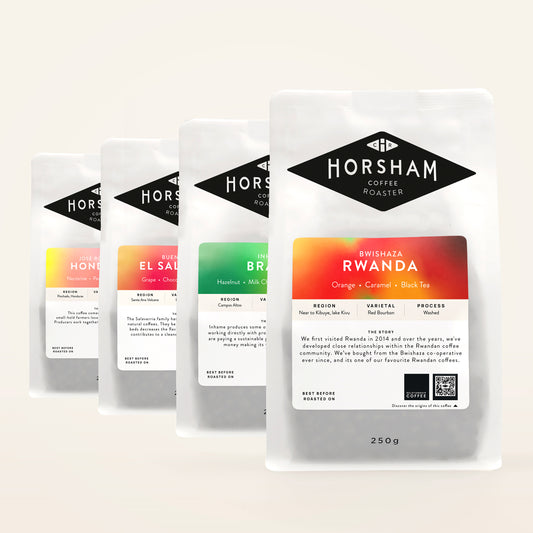 10% OFFHorsham Coffee Roaster
10% OFFHorsham Coffee RoasterSingle Origin Coffee Selection
Regular price £43.20Regular priceUnit price per£48.00Sale price £43.20Sale -
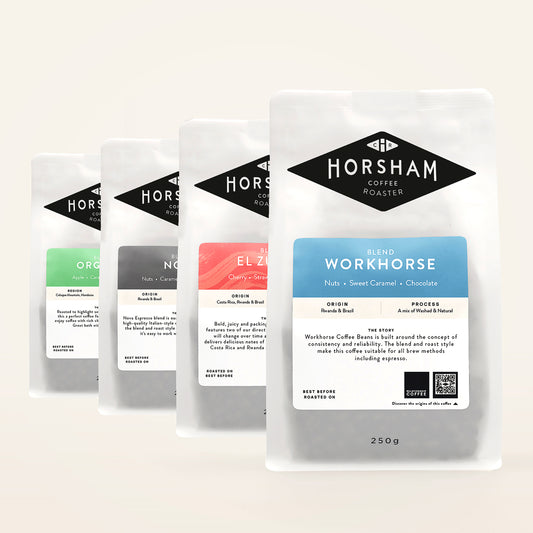 10% OFFHorsham Coffee Roaster
10% OFFHorsham Coffee RoasterBlend Selection
Regular price £35.00Regular priceUnit price per£39.00Sale price £35.00Sale -
 NEW LIMITED LOTMango | Passion Fruit | Honeydew Melon
NEW LIMITED LOTMango | Passion Fruit | Honeydew MelonArturo Arango Colombia | Thermal shock natural
Regular price From £25.00Regular priceUnit price per
